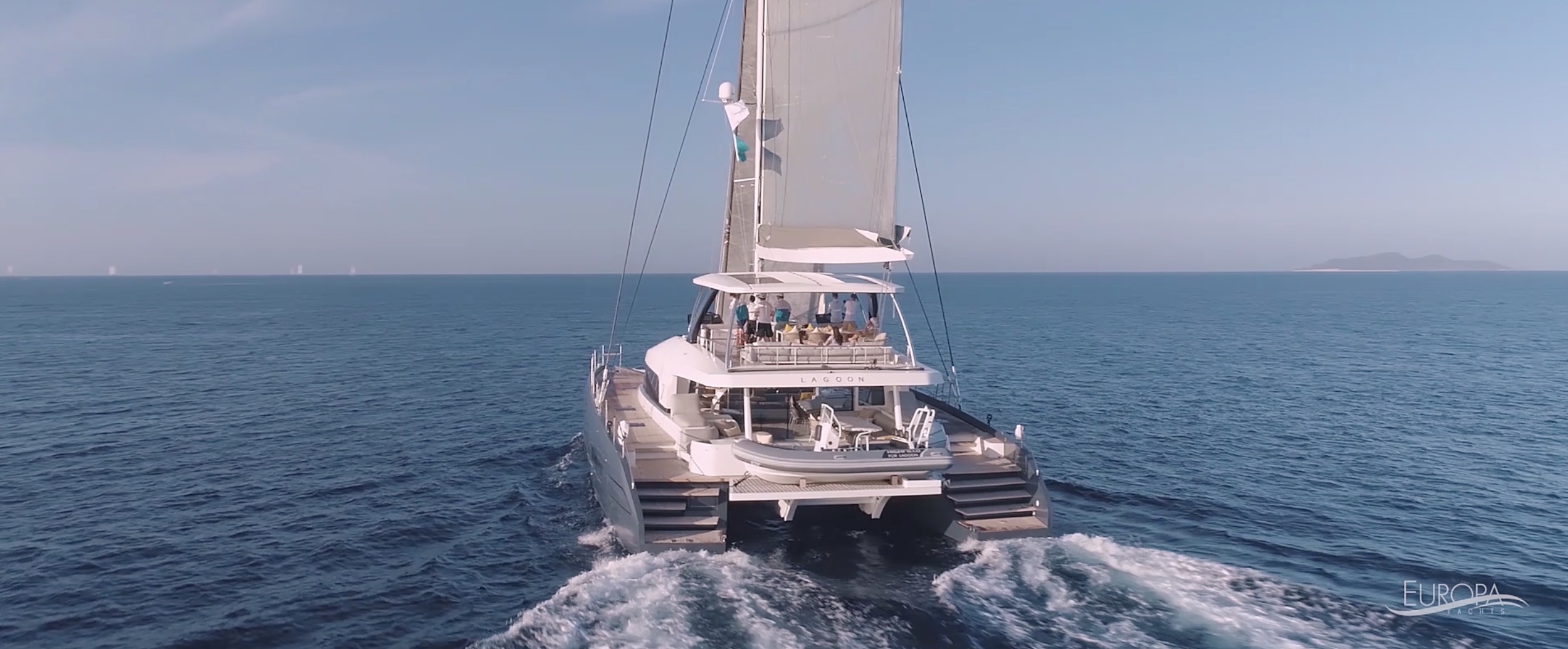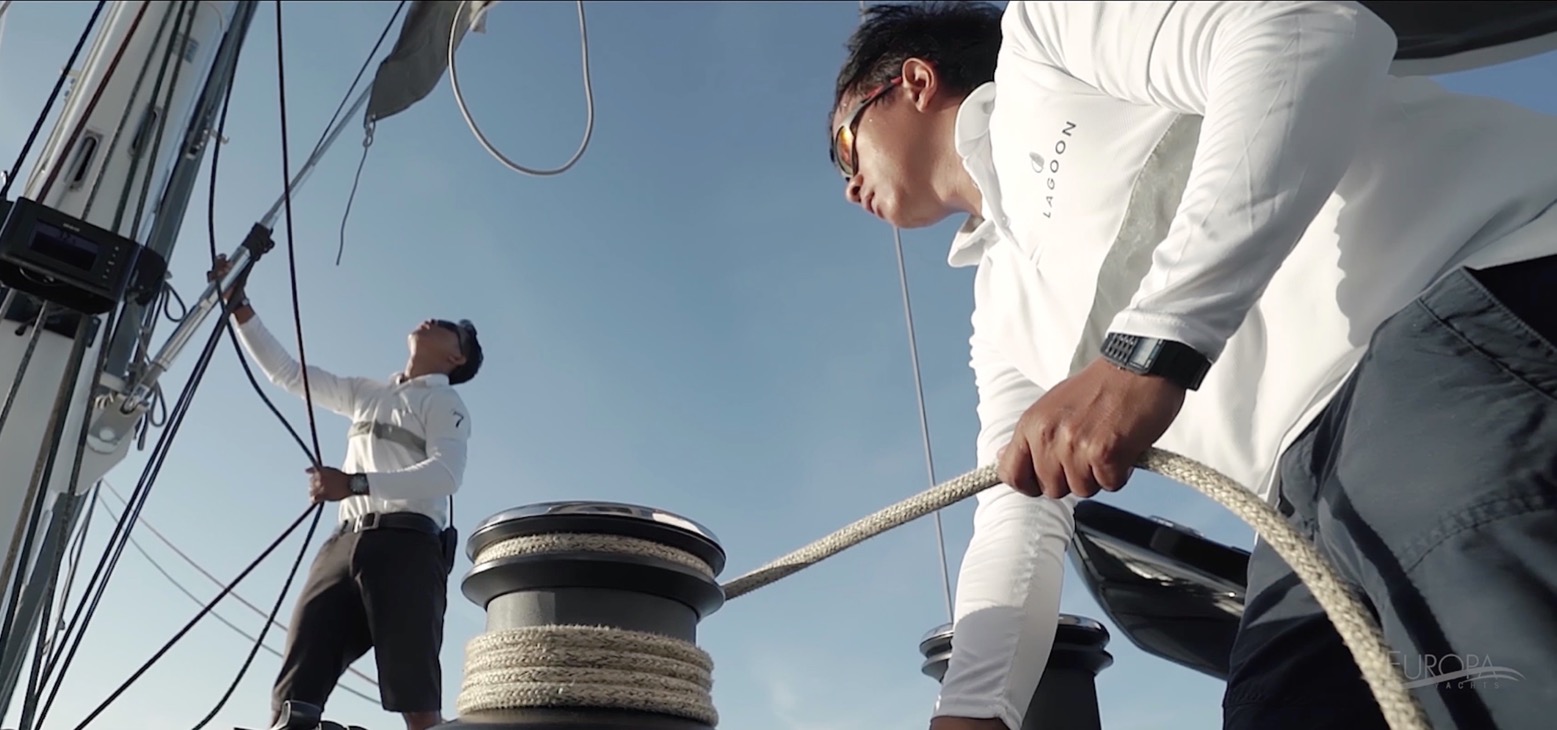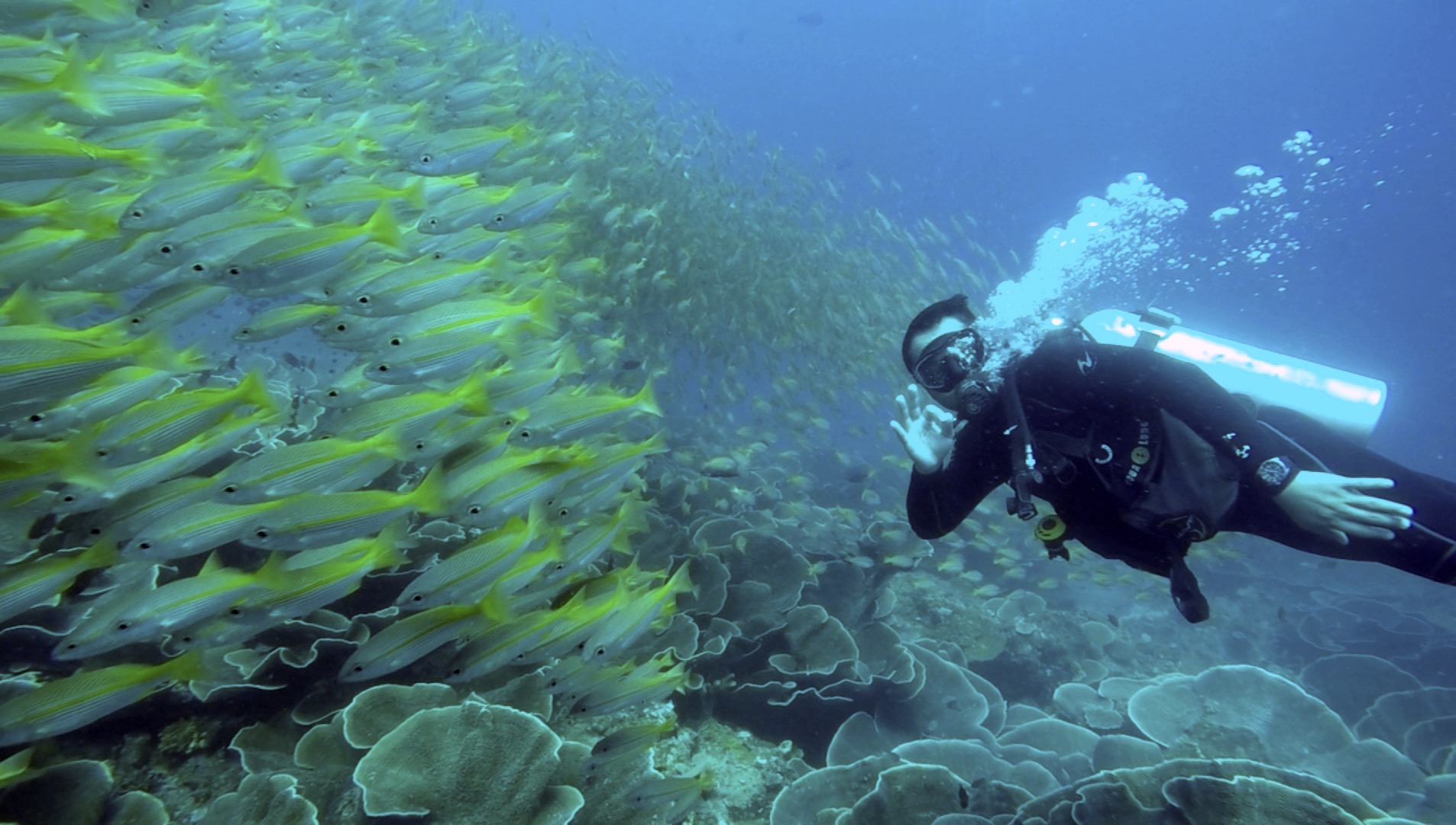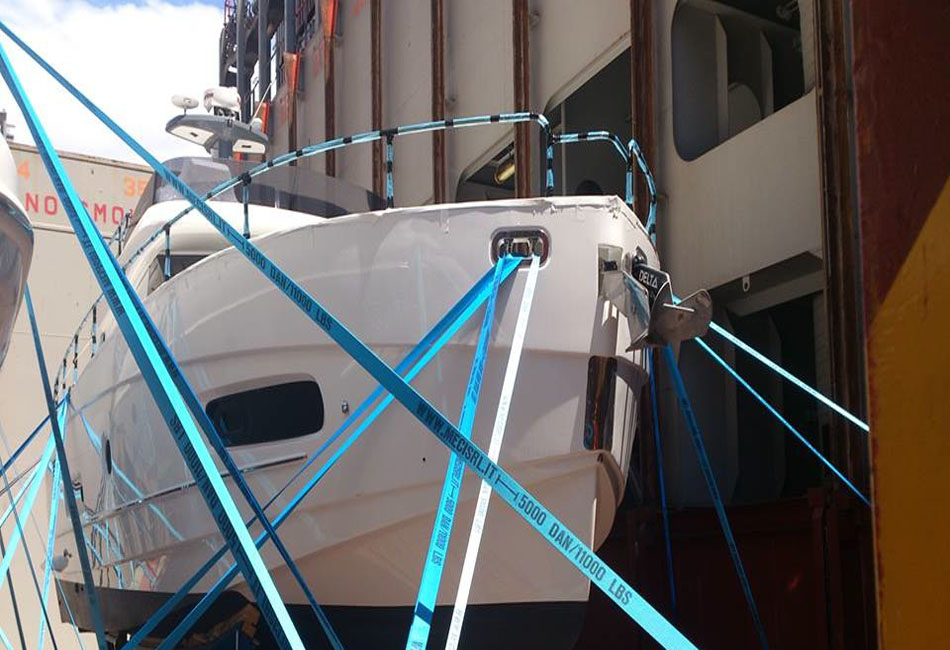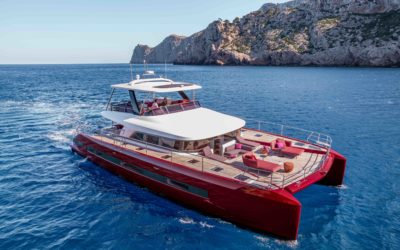Top 6 Safety Tips for Filipino Yacht Owners and Boat Crew Members
June 18, 2020
Recreational boating is, for the most part, a very safe activity. In fact, the US Coast Guard estimates that just 5 out of every 100,000 people pass away from boating accidents. This is in contrast to 11 per 100,000 people that perish in car accidents. Such numbers should appease anyone who is new to boating, and serve as a comfort to all Filipino boat owners and boat crew members.
But a big part of maintaining boat safety is being aware of safety at all times. Veteran boat owners and boat crew already know this, but even those who are used to life at sea should keep their guard up at all times. If you go boating often, or if it’s part of your livelihood, it’s not enough for you to simply know the basics. They should be like second nature to you so that in case the worst happens, you will know to respond quickly.
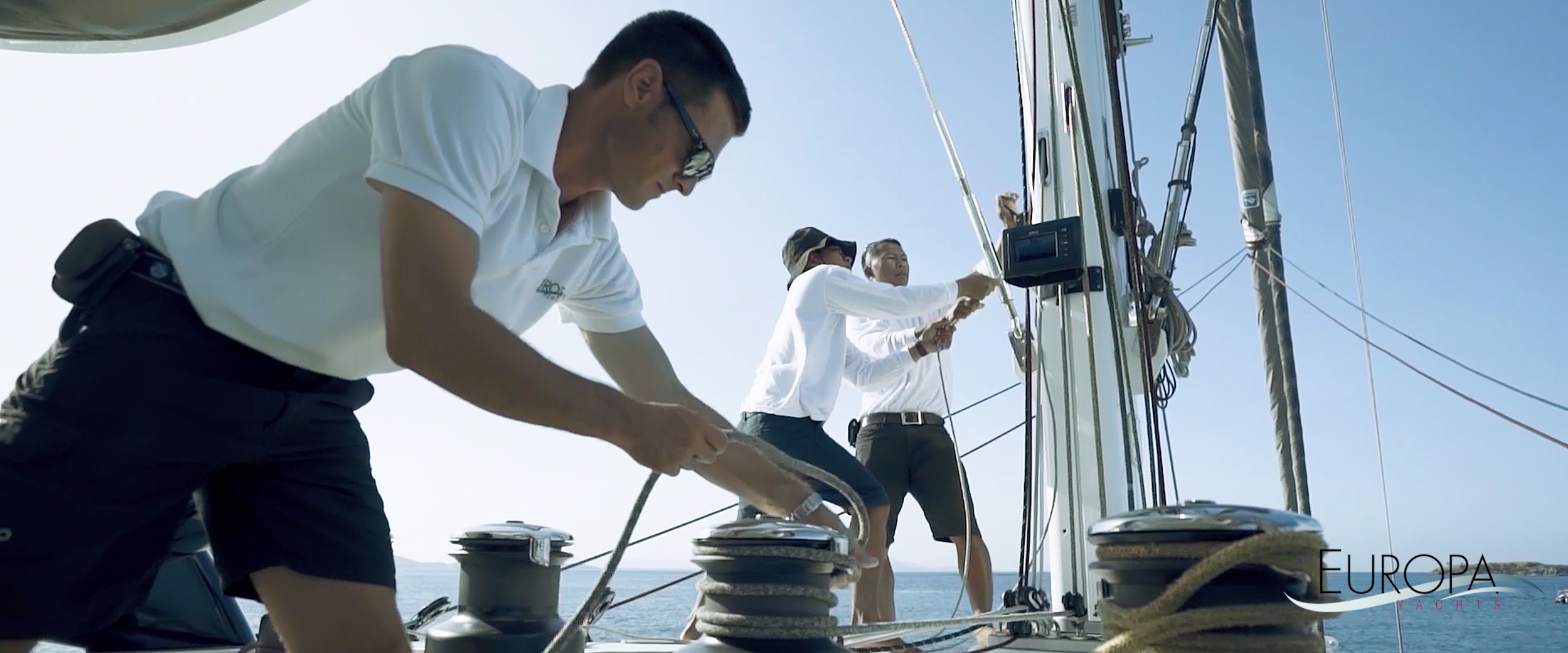
Lead your passengers and partner crewmen in upholding boat safety with these tips from Europa Yachts, the Philippines’ leading distributor of European-made sailboats and motorboats in the country. These should help you train your reflexes while you’re on the boat, ultimately resulting in safer and more pleasant excursions out in the sea.
Profile the Boat’s Passengers
Every trip deserves its own stage of planning, and one of the most important items in the agenda is a roundup of passengers. Take note of how many adults and children will be on board during the imminent trip.
Keep track of who’s elderly, who’s sickly, who needs help moving around on the boat, and who doesn’t know how to swim. That way, you will know who needs extra assistance, and what kind of help they need, in case an emergency happens.
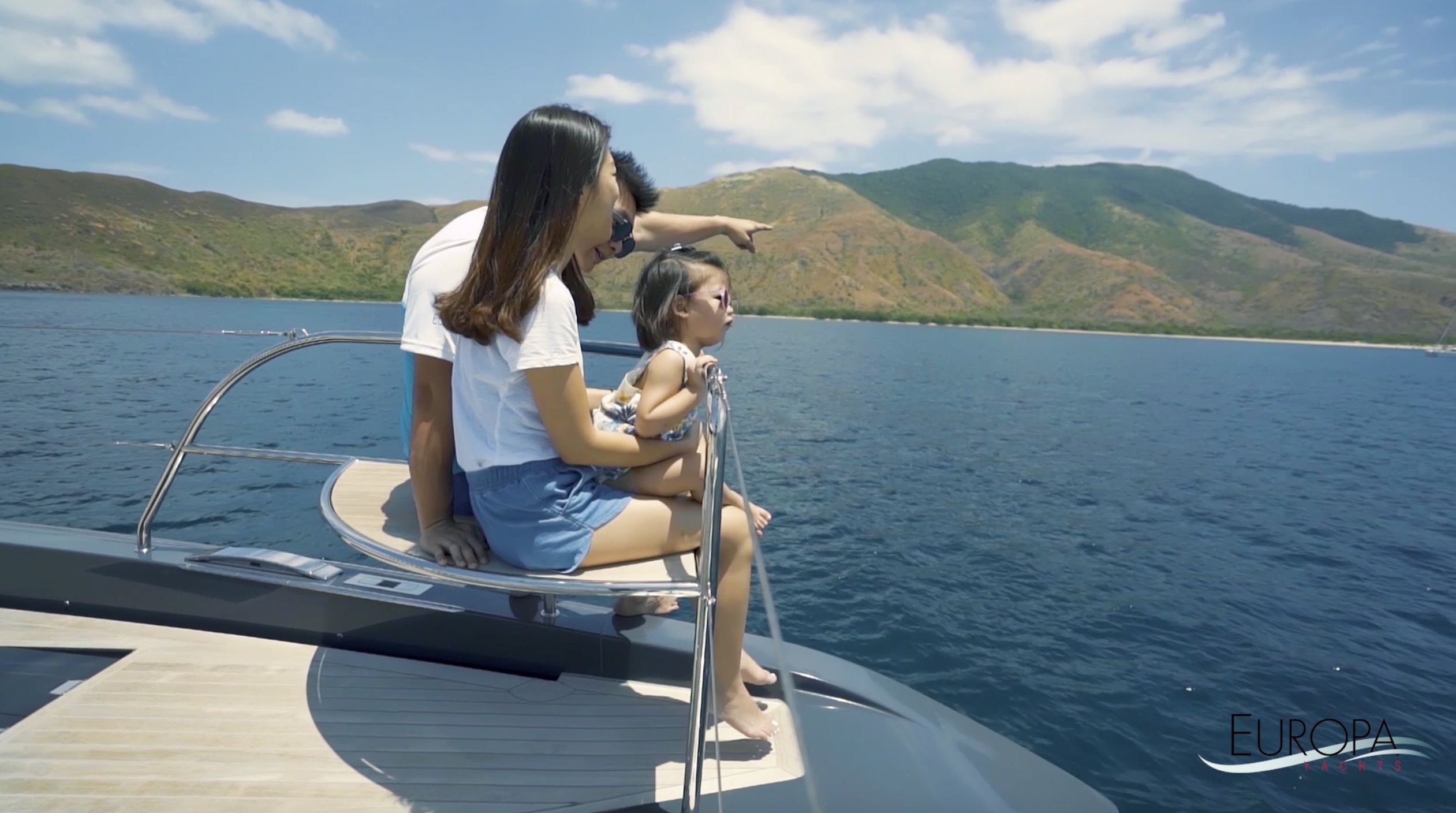
Review Safety Measures for Extraordinary Circumstances during Pre-Cruise Briefing
All boat owners, boat crew, and boat passengers have to enact a pre-cruise briefing before departure, which usually lasts between three and ten minutes. Remember that the briefing can be your opportunity to discuss extraordinary occasions and what to do in case they unfold. Some examples include the following.
Man Overboard (MOB)
Falling off the boat is one of the things your passengers may fear the most. But thankfully, it doesn’t occur in real life as often as in the movies. Nevertheless, let everyone know how important it is to call attention to a MOB. Someone should point and keep an eye on them until they are safely back on the boat.
Collision
Collisions are also a rarity, as sea lanes on open water are not as congested as the roads on land. In normal circumstances, it’s also easier to steer clear of land masses and other boats. But weather, engine failure, or other factors may put you at risk of colliding with either of these. In case that happens, brief everyone on how to call for help with the very high frequency (VHF) radio.
Engine Failure
Another issue that boatmen should know how to address is engine failure. During the pre-cruise briefing, you can bring up how to diagnose problems from the fuel tank, the fuel line, the battery, or the ignition system.
Check on the Lifejackets and Life Rafts
Lifejackets are a must on boating trips. There should be enough of them for every adult and child on board, and in various sizes. Kids under the age of 12 should wear lifesaving devices every moment that they are on a moving vessel.
During briefing, orient everyone about where the boat’s lifejackets are kept and how to put them on. This is also a good time to discuss where the life raft and grab bags are, plus how and when to launch them.
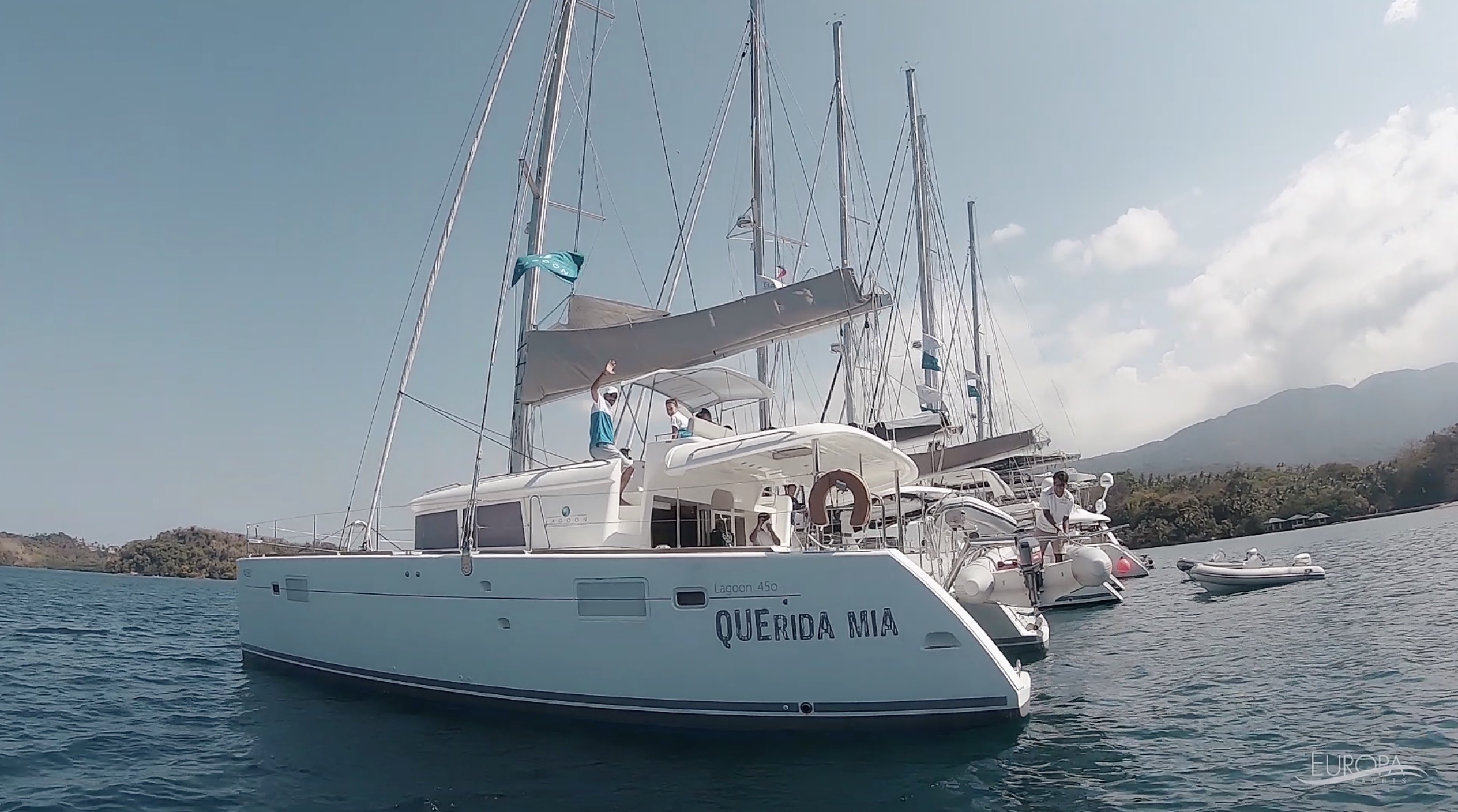
Check the Status of Your Marine VHF Radio
All vessels should have their own dedicated VHF radio that can contact emergency channels. Foremost among these is Channel 16, which is dedicated to international distress monitoring. Other frequencies boat owners and crew should know are those of the nearest yacht clubs, as well as contacts within the region they’re traveling to.
Before you leave, make sure that your VHF radio can properly transmit and receive calls. In addition, let your passengers know what the VHF radio is meant for. This way, anyone on the boat will be able to signal for help in case of dire emergency.
Learn First Aid and Keep a Well-Stocked Medical Kit
More than one person on board should know basic first aid techniques such as how to do CPR and how to treat wounds and fractures. That way, passengers can be treated for minor bouts of illness and injury while at sea. If a bigger emergency occurs, for sure it will take some time for medical services to reach your boat. On those occasions, first aid will be an important stopgap measure to keep the sick or injured passenger from getting worse.
Pair your first aid knowledge with a well-stocked medical kit for your boat. It should contain essential over-the-counter medicines like aspirins, antihistamines, and antidiarrheals. You should also have bandages, ointments, clean water, alcohol, and scissors. This is on top of other special medications or medical supplies for passengers who may have pre-existing medical conditions. Don’t leave for your boating trip without first having stocked the boat’s medical kit.
Uphold Fire Safety While Onboard
Lastly, upholding fire safety during the boat trip is paramount, as a fire can spread easily within the relatively small space of a boat. A fire is most likely to start in the galley, where the boat’s cooking appliances are located. As such, be sure that everyone who’ll be preparing food on the boat knows how to use the appliances properly. In case a fire occurs, remember to respond in this order:
- Turn off the source of the fuel.
- Smother the flames with a fire extinguisher (never throw water on a grease fire).
- Let the burning device cool off.
In addition, boat owners, boat crew, and passengers should know where the boat’s fire extinguishers are located. These should be in clear sight and immediately accessible, instead of stowed away below deck. Don’t depart the marina without knowing the state and the location of your fire extinguishers.
The point of having a list like this is not to cause you worry about your boating trip. On the contrary, it’s to help you feel more relaxed and assured about cruising. Knowing that you’ve done your part to keep your passengers safe should enhance the quality of your trip. Prioritize safety, and you’ll have smoother and more enjoyable boating experiences overall.
